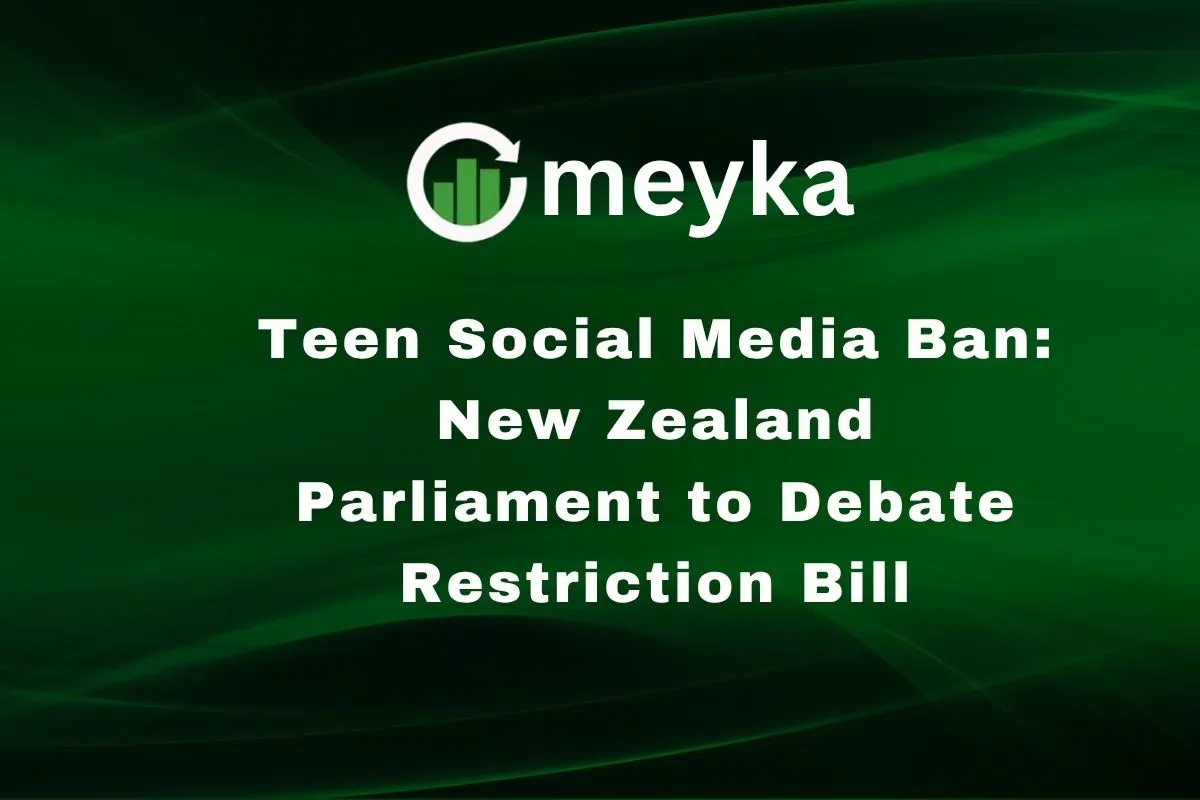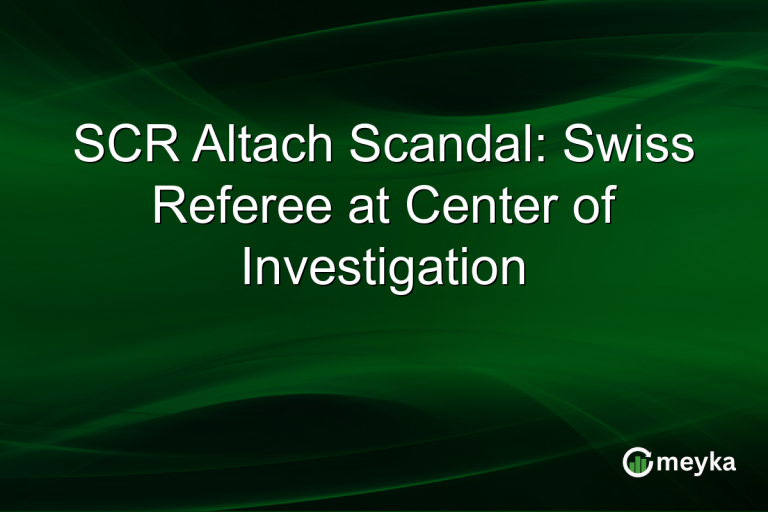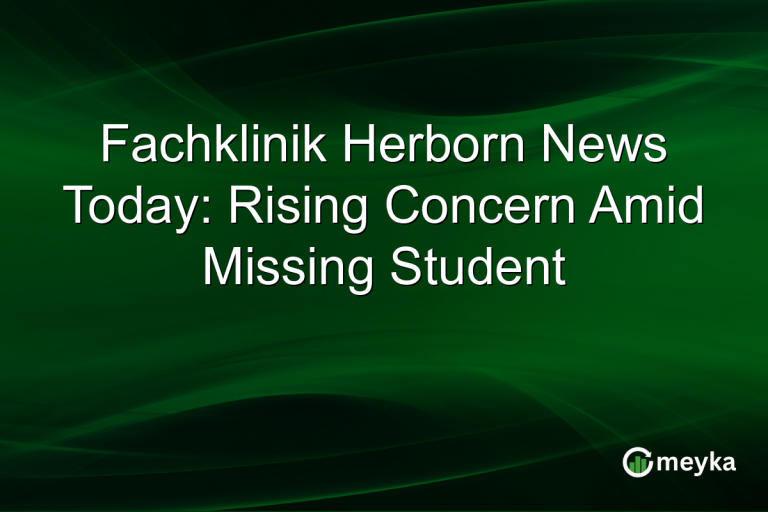Teen Social Media Ban: New Zealand Parliament to Debate Restriction Bill
We are living in a time when the online world touches almost every part of our lives. In New Zealand, a new bill is about to be debated in Parliament that would prevent children under 16 from using social-media platforms. The aim: to protect young people from cyberbullying, harmful content, and mental-health risks online. But this move raises big questions. How do you enforce such a ban? Will it limit freedoms? Could it push teens into unregulated corners of the internet? We’ll explore what the bill says, why it’s being proposed, who supports it (and who doesn’t), how other countries have approached similar rules, and what might happen next if the law passes.
The Bill: What It Stipulates
The proposed bill, known as the Social Media (Age‑Restricted Users) Bill, would require social-media platforms to implement age verification to stop under-16s from having accounts.
It was introduced as a member’s bill by Catherine Wedd of the National Party.
Main features include:
- Platforms must check user age before letting someone under 16 join.
- Fines and penalties apply if social-media companies fail to comply.
- It mirrors the law already passed in Australia, which raised the minimum age for some platforms.
Currently, coalition partners of the ruling government haven’t declared firm support, so the bill’s future is uncertain.
The Rationale: Why the Ban is Being Proposed
We see more and more evidence that heavy social-media use among teens can link to increased risks: anxiety, depression, bullying, and body-image issues. For example, the government’s own papers mention that unrestricted access is “exposing children … to a range of harms” including grooming, violent content, and mentalhealth decline.
The prime minister, Christopher Luxon, has stated that social media is not always a safe place for young people, and companies need to act responsibly.
In short,t: the idea is to protect children by putting a legal barrier around their social-media use, giving parents more control, and forcing platforms to take more responsibility.
Support & Opposition
Support
- Many parents and child-safety groups support the move, seeing it as a needed step. For example, public polling in New Zealand showed more than two-thirds of citizens backed restrictions for under-16s.
- The government argues the legislation is not about punishment but about creating safer digital spaces for young people.
Opposition/Caution
- Civil-liberties group PILLAR has warned that the bill could lead to serious privacy risks and restrict free speech online.
- Tech companies have expressed concern over how age verification will work, and what unintended effects might follow.
- Some worry the ban may push teens into lesser-regulated apps or platforms, where risks could be even higher.
We- from a broader lens- must weigh these perspectives: yes, protection is important, but so are freedoms, practical enforceability, and unintended downsides.
Implementation Challenges & Unintended Consequences
Putting a “teen social media ban” into practice is more complex than it sounds. Here are a few of the key hurdles:
- Age verification: How will platforms reliably check someone’s age? Many teens may lie or find workarounds.
- Privacy risk: Verifying age often means collecting more personal data, raising concerns about how that data is stored and used.
- Enforcement: If a teen uses a VPN or apps that aren’t covered by the law, will the ban be effective?
- Potential for harm displacement: If banned from mainstream platforms, teens might migrate to spaces with less moderation, increasing risk.
- Impact on social connection: Social media also offers social support, especially for marginalized youth. A blanket ban could reduce positive access.
- Cost and burden on platforms: Smaller companies may struggle to implement age checks or face heavy penalties, possibly stifling innovation.
We should keep in mind that laws designed for protection can sometimes have opposite effects if they aren’t carefully designed and monitored.
International Context & Precedents
The proposed ban in New Zealand isn’t unique; other countries are already moving in this direction. For instance:
- In Australia, a law passed in 2024 raised the minimum age for social media access to 16 in certain cases and launched a multi-million-dollar campaign “for the good of our kids”.
- The global trend: Governments are increasingly scrutinizing the role of social-media companies in young people’s lives, especially around mental health and online safety.
- However, enforcement models vary widely, meaning New Zealand will need to find an approach that fits its context.
By looking at what others have tried, what works, and what fails, New Zealand has a chance to design more effective, balanced regulation.
What’s Next: Parliamentary Process & Outlook
Where does the bill stand now?
- The Social Media (Age-Restricted Users) Bill has been drawn in the members’ ballot and selected for consideration in Parliament.
- The select committee stage, where public submissions and expert advice will weigh in, is expected soon. A broader parliamentary committee is also due to release a report on online harms in early 2026.
- For the bill to pass, coalition partners in government must agree, so negotiations and amendments are likely ahead.
- If passed, platforms will have to change their age-checks, users will see new rules, and parents & schools may shift how they manage teens’ online use.
In short: We’re at a critical juncture. Whether the bill becomes law, and how strong it becomes, will shape how young people in New Zealand engage online for years to come.
Conclusion
The “Teen Social Media Ban” as proposed in New Zealand reflects a serious concern: that unrestricted online access may be harming the most vulnerable among us, our children. We’re balancing two big ideals here: protecting young people and preserving freedom and connection. The bill aims to give platforms and parents stronger tools, but we must ask: will it work? Will it be fair, enforceable, and safe? As this legislation progresses through Parliament, we’ll see how the country strikes a balance between digital freedom and child safety. Ultimately, the outcome may not just affect New Zealand; it could influence how the world thinks about young people and social media.
FAQS:
No, social media is not banned in New Zealand for all users. A new bill proposes restricting under-16s from using platforms, but no full ban is in place yet.
The bill titled the “My Social Media Age-Appropriate Users Bill” would require platforms to verify age and stop users under 16 from accessing social media.
In September 2025, Nepal banned access to 26 major social media platforms like Facebook, Instagram, and X for failing to register with authorities.
Disclaimer:
The content shared by Meyka AI PTY LTD is solely for research and informational purposes. Meyka is not a financial advisory service, and the information provided should not be considered investment or trading advice.






